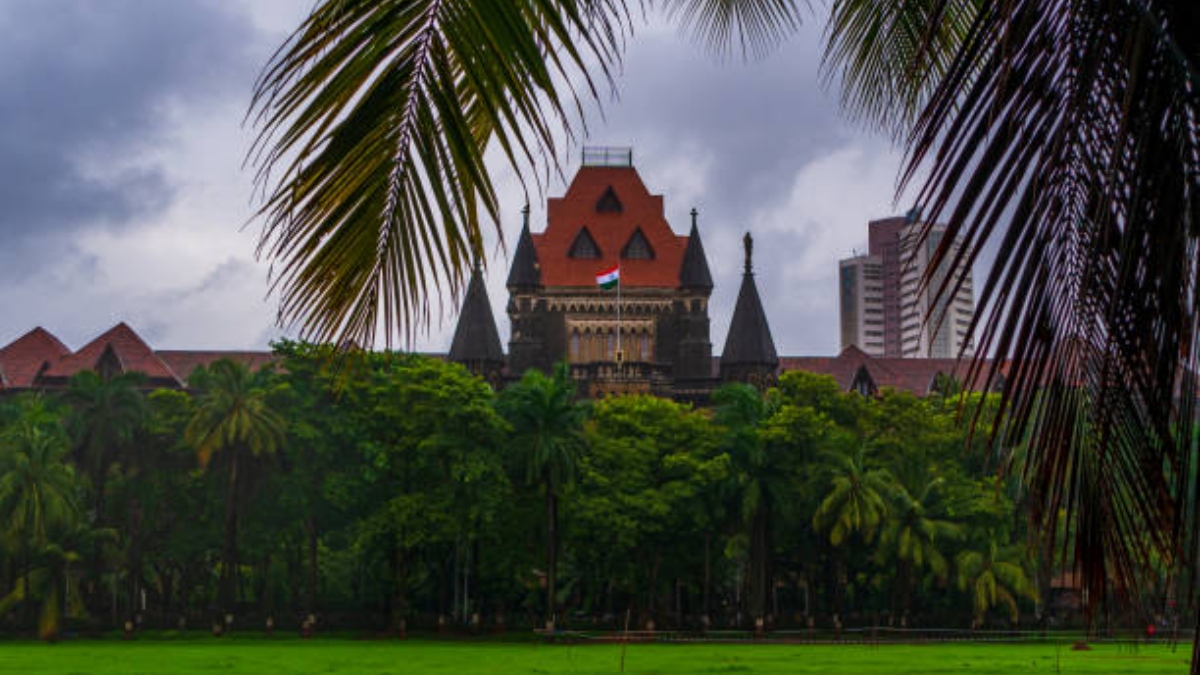The Bombay High Court recently made a significant ruling regarding what constitutes stalking under Indian law. On December 5, 2024, the court stated that following a girl only once does not qualify as stalking under Section 354-D of the Indian Penal Code (IPC). This decision came in response to appeals from two individuals who had been convicted of stalking a 14-year-old girl.
Justice Govind Sanap emphasized that to establish the offense of stalking, there must be evidence of repeated or persistent behavior towards the victim. A single instance of following someone is insufficient to meet the legal definition of stalking. The court’s ruling clarified that the prosecution must demonstrate that the accused consistently followed, watched, or contacted the victim either directly or through digital means.
In this case, the two accused had initially faced multiple charges, including sexual assault and harassment. While one of them was acquitted of all charges related to stalking, the other was found guilty of sexual assault and received a reduced sentence. The court acknowledged credible evidence showing that one of the accused had entered the victim’s home and assaulted her.
This ruling highlights an important aspect of legal definitions surrounding stalking and raises discussions about how such cases are handled in India. The court’s decision aims to ensure that only those who engage in persistent and threatening behavior are prosecuted for stalking, thereby providing clarity on this sensitive issue.












